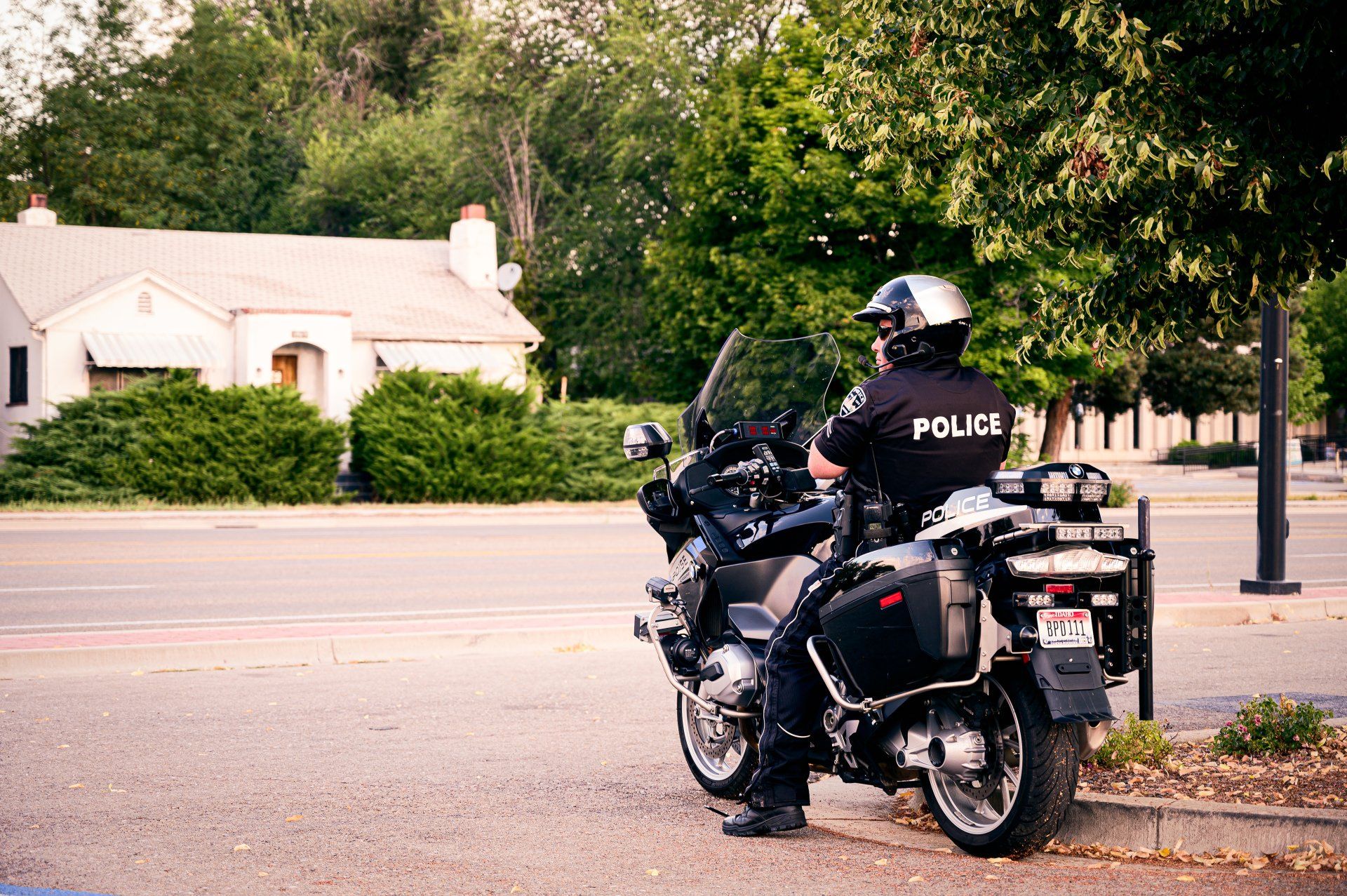Know Your Rights: What to Do When Stopped by the Police

Nobody wants to be stopped by the police, even when they have done nothing wrong. If you are in this situation, knowing what to do can help reduce the stress associated with this encounter. Stay calm and never act hostile toward the officers. Know your rights and what to do so the situation doesn’t escalate.
Know Your Rights
Most people know they have the right to remain silent during an encounter with law enforcement. You may be required to provide your name, depending on state laws where the encounter occurs, but that is it. Firmly state you wish to remain silent and stop speaking. They cannot compel you to do so once you make this statement.
Furthermore, if police stop you while driving, the right to remain silent applies to any passengers in the vehicle. Passengers might also ask if they can leave during this traffic stop. If officers say they may, they should do so quietly.
The Fourth Amendment of the U.S. Constitution prohibits unreasonable searches and seizures. Law enforcement officers cannot search your person, home, or car without your permission unless they have a warrant. Have them produce this warrant so you can review it. However, officers may pat you down to check for weapons. They are permitted to do so for their safety.
If the officers ask to search, say that you do not consent. They may conduct this search anyway, depending on the circumstances of the encounter. This verbal statement that you do not consent to the search may become important if authorities file charges against you.
When officers enter the home, they may not search without your permission or a search warrant. If they arrest you at home or work, they have the right to search the immediate area or anywhere they can see criminal activity. Pay attention to what they do throughout this search to confirm they conduct it properly and don’t overstep their bounds.
Every person has a right to a criminal defense attorney in Cullman, AL. Request a government-appointed attorney if you cannot afford to hire a lawyer. Let the officers know you would like to make a phone call. They cannot listen to any calls between you and an attorney, but they have the right to listen to all other calls you make. The officers can tell you how to request a government-appointed attorney if one is needed.
Handling Police Encounters Safely
During any encounter with the police, stay calm. Never volunteer information, even if it seems harmless. Use your right to remain silent or only answer direct questions, never offering additional information when doing so. Never argue with officers or bad-mouth them, as doing so could change the whole tone of the interaction.
If officers attempt to pull you over while you are driving, continue operating the vehicle until you reach a place where it is safe to stop. Never stop in the middle of the road or impede traffic, as doing so puts you and the officer at risk of harm. When the vehicle is stopped, remain in the car, turn on the interior light, and put your hands where the officer may see them. Ask passengers in the vehicle to show their hands as well.
Provide any documents requested by the officer during this traffic stop. They may ask to see your driver’s license, registration, and proof of insurance. Before collecting these documents, let the officer know where they are located. Reaching into a glove box or under the seat may appear to be a threatening move to the officer. Letting them know that is where the documents are and that you aren’t reaching for a weapon can help to reduce tension.
Never run from a police officer. Also, do not touch the officers, as any touch could be construed as threatening in a volatile situation. If officers arrest you, go willingly. Don’t resist or become combative. Doing so could make a bad situation worse.
Common Misconceptions
People often believe they must consent to a search or take a breathalyzer test. They feel they are required to answer questions when asked by law enforcement. A person doesn’t have to say or do anything when stopped by the police.
Failing to answer questions or consent to a search may result in a trip to the police station. Let this happen and contact an attorney with your one phone call. While the trip to the station is an inconvenience, it will probably be a short-lived one once your attorney arrives. They will work to get the matter resolved and have you released quickly.
Protecting the Rights of Others
You may find yourself in a situation where law enforcement is handling a matter involving another individual and you are merely a bystander. Help each other out by observing this interaction and recording it if possible. Try to capture officers’ badges and patrol car numbers with the video to show who was involved beyond what can be seen in the video. Also, ask witnesses to state their names and contact information on the video. They may need to share what they saw with authorities.
If the situation is mishandled in any way, contact the internal affairs department of the law enforcement agency, so they may handle the matter. In addition, share the video with the attorneys of all parties involved in the interaction if problems arise. When law enforcement officers know they will be held accountable for their actions, fewer problems typically arise during a stop or other interaction.
Law enforcement officers cannot stop bystanders from recording their interactions with individuals. However, the person taking the video must not interfere with police activity in any way. If you wish to record an interaction, do so from a safe distance.
Don’t hide the fact you are recording, as police officers know they do not have any expectations of privacy while on the job. However, you may need to ask those interacting with the officers if they wish to be recorded. State laws vary on whether permission is needed so it is always better to ask.
A person may come into contact with law enforcement multiple times throughout their life. All parties are responsible for what happens in each interaction. Know your rights and how to handle these interactions safely and legally. Everyone must work together to keep our country safe while ensuring our rights remain protected. This is not a job for one person alone.










